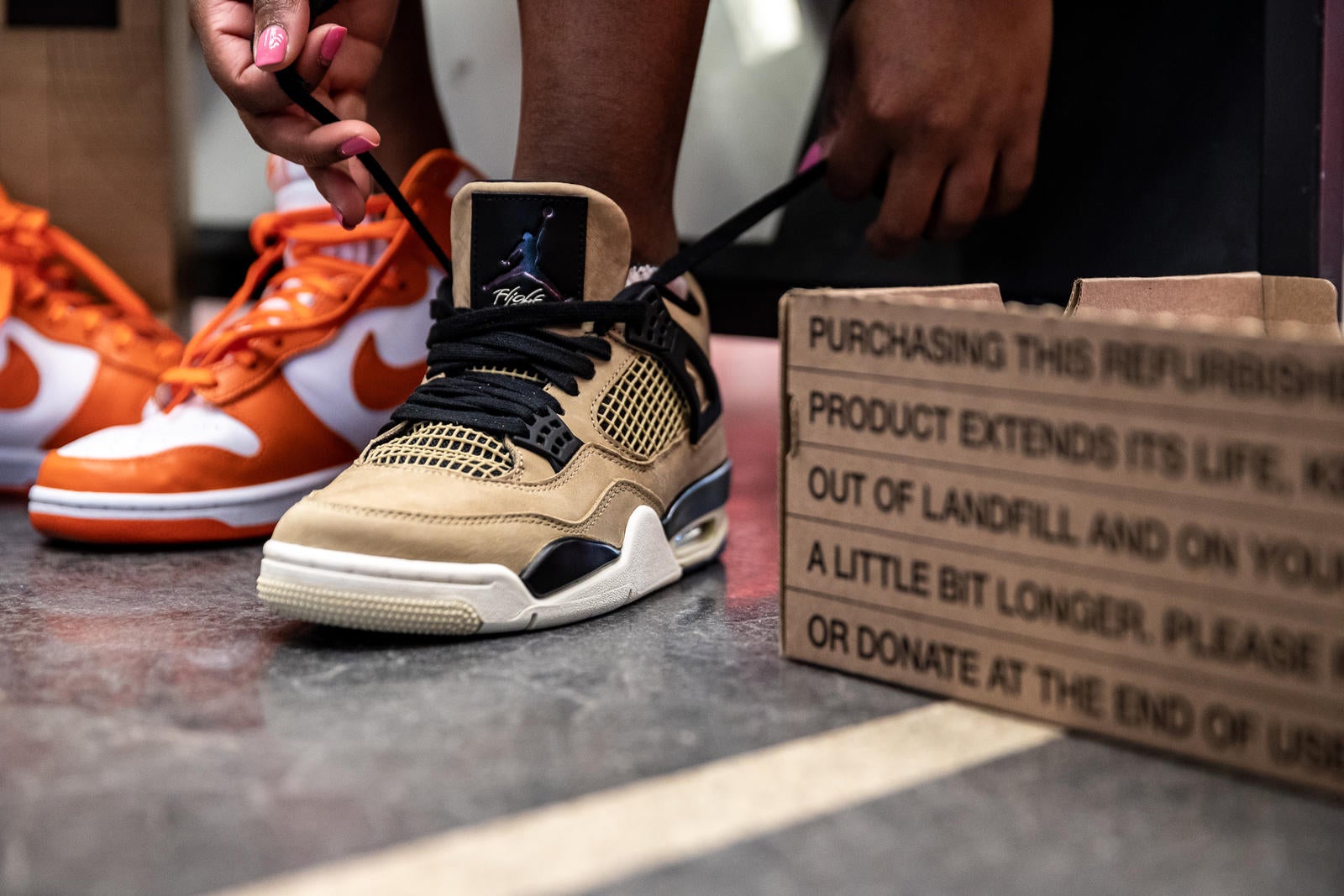
Shareholders submitted a proposal to review Nike Inc’s China sourcing strategy and whether the company should “adopt a policy to pause sourcing of cotton and other raw materials from China until the US government Business Advisory is lifted or rescinded.”
The proposal noted that Nike’s supply chain transparency is evidenced by its manufacturing map, robust policies and industry collaboration and that Nike has noted it does not directly source from the Xinjiang region. But it adds these efforts are “inadequate” since its supply chain transparency covers its Tier 1 direct suppliers primarily while forced labour risks extend to raw material sourcing and manufacturing at further tiers.
“Sourcing and manufacturing cotton from China, not limited solely to the Uyghur region, exposes Nike to legal and reputational risk,” the proposal notes.
“Other companies have not only stopped sourcing from the Uyghur Region but eliminated cotton from China throughout their supply chain to fulfil supply chain commitments prohibiting forced labour.”
On concerns that cotton used in Nike’s products come from forced labour, shareholders proposed China sourcing is halted.
But the board of directors recommended shareholders vote against the proposal, pointing out:

US Tariffs are shifting - will you react or anticipate?
Don’t let policy changes catch you off guard. Stay proactive with real-time data and expert analysis.
By GlobalData- Nike does not directly source cotton or raw materials and is committed to responsibly and sustainably sourcing its products including the materials used in its supply chain.
- Nike’s CSR and Governance Committee provides oversight of management’s efforts to ensure that the company’s dedication to sustainability innovation (including environmental sustainability and human rights) is reflected in its business operations;
- Nike collaborates with suppliers that share its commitment to responsible manufacturing, as measured by compliance with the standards laid out in its Supplier Code of Conduct and Code Leadership Standards
- Its current initiatives help to drive changes throughout its supply chain and promote human rights and responsible manufacturing.
“In summary, Nike continues to work tirelessly to ensure that respect for people and the planet is integrated throughout Nike’s entire supply chain and to disclose our initiatives and policies around sustainable sourcing so our shareholders have meaningful insight into our progress in this area,” the proposal read. “We believe that our decades of commitment to these issues have led to more effective and impactful solutions than would be accomplished by prohibiting sourcing from any particular country.
“The Board of Directors believes that the company’s policies effectively articulate our long-standing support for, and continued commitment to, human rights and sustainable sourcing, rendering the proposal ineffective and unnecessary.”
Earlier, a report by non-profit organisation C4ADS warned Chinese supply chains could become entangled in the Xinjiang crisis.



